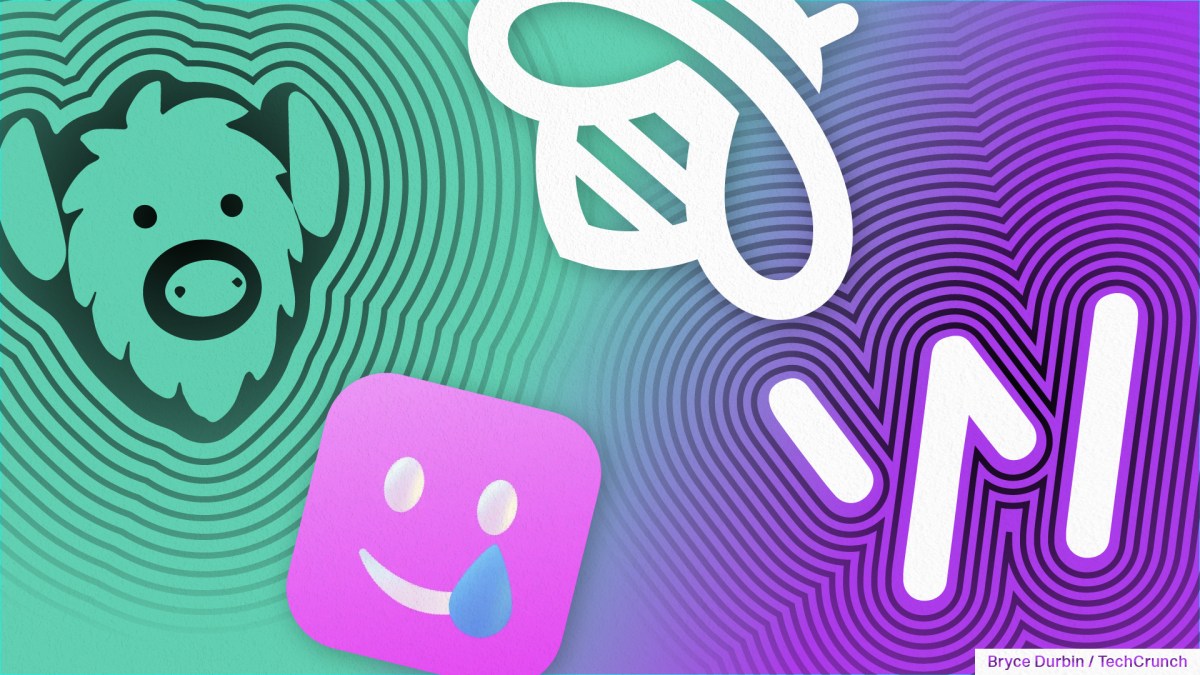The use of anonymous social apps on campus is facing scrutiny once again. University of North Carolina (UNC) System President Peter Hans recently announced a plan to block popular anonymous social apps, such as Yik Yak, Fizz, Whisper, and Sidechat, across the 16 universities and one public residential high school within the UNC system, including campuses like UNC Chapel Hill, NCSU, and UNC Charlotte.
In a communication shared with the UNC Board of Governors, Hans highlighted the ban’s rationale, citing these platforms’ negligence towards the wellbeing of young users and their tolerance of negative behaviors like bullying and harassment.
The apps have also been criticized for ignoring issues such as sexual harassment, racial insults, and drug-related activities.
Targeted primarily at younger users, anonymous social apps often facilitate negative behavior like cyberbullying, harassment, and abuse. Hans likened these platforms to modern versions of spreading harmful rumors but with a wider reach, stating they are akin to “scrawling cruel rumors on the bathroom wall, except now with a much larger audience.”
This trend of anonymous social apps is not new, with constant reinventions despite past failures. These apps frequently struggle to sustain a viable business due to the proliferation of toxic content, leading to repercussions like consumer backlash, app store bans, legal actions, and campus-wide restrictions.
UNC’s decision to block these apps from its network could signal the beginning of the end for this current cluster of platforms. While students may still access these apps through alternative means, the ban aims to deter their usage and associated risks.
Looking ahead, Hans hopes this ban sparks further discussions on the societal impact of these platforms and encourages students to engage in positive interactions in the public domain.
Reinforced by insights from NYU social psychologist Jonathan Haidt, Hans reflected on the need for a reevaluation of our digital choices and their implications on youth wellbeing.
Attempts to seek comments from the implicated apps received no responses, indicating a potential lack of accountability from these platforms.
While these apps have a modest user base among younger demographics, past incidents like antisemitic posts and privacy concerns have prompted interventions from universities and institutions.
The four named anonymous social apps have not yet been banned on UNC campuses, but plans are underway to restrict their use within the UNC System infrastructure.
Contact Sarah Perez at sarahp@techcrunch.com or @sarahperez.01 / 415.234.3994 on Signal.


